Filter by

Impact of information society research in the Global South
The second volume in the SIRCA book series investigates the impact of information society initiatives by extending the boundaries of academic research into the realm of practice. Global in scope, it includes contributions and research projects from Asia, Africa and Latin America. The international scholarly community has taken a variety of approaches to question the impact of information societ…
- Edition
- -
- ISBN/ISSN
- 9789812873811
- Collation
- x, 291p. : ill.
- Series Title
- -
- Call Number
- 303.4833 IMP i
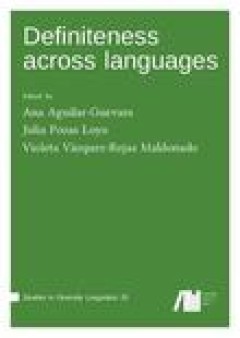
Definiteness across languages
Definiteness has been a central topic in theoretical semantics since its modern foundation. However, despite its significance, there has been surprisingly scarce research on its cross-linguistic expression. With the purpose of contributing to filling this gap, the present volume gathers thirteen studies exploiting insights from formal semantics and syntax, typological and language specific stud…
- Edition
- -
- ISBN/ISSN
- 9783961101931
- Collation
- -
- Series Title
- Studies in Diversity Linguistics
- Call Number
- 400 DEF d
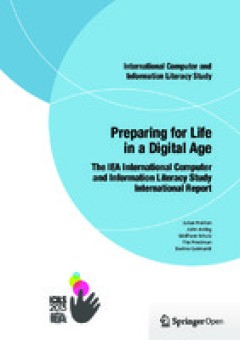
Preparing for life in a digital age : The IEA international computer and info…
Ability to use information and communication technologies (ICT) is an imperative for effective participation in today’s digital age. Schools worldwide are responding to the need to provide young people with that ability. But how effective are they in this regard? The IEA International Computer and Information Literacy Study (ICILS) responded to this question by studying the extent to which yo…
- Edition
- -
- ISBN/ISSN
- 9783319142227
- Collation
- 305p. : ill.
- Series Title
- -
- Call Number
- 371.334 PRE p
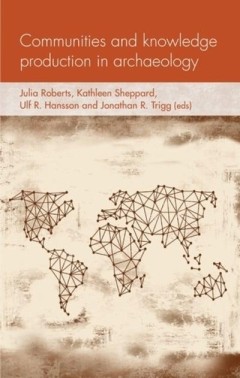
Communities and knowledge production in archaeology
The dynamic processes of knowledge production in archaeology and elsewhere in the humanities and social sciences are increasingly viewed as the collaborative effort of groups, clusters and communities of researchers rather than the isolated work of so-called ‘instrumental’ actors. Shifting focus from the individual scholar to the wider social contexts of her work and the dynamic creative pr…
- Edition
- -
- ISBN/ISSN
- 9781526134554
- Collation
- xvii, 250p. : ill.
- Series Title
- -
- Call Number
- 930.1 COM c
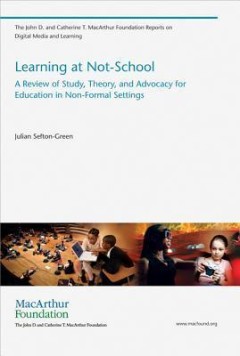
Learning at not-school : a review of study, theory, and advocacy for educatio…
A review of research on “not-school” learning that investigates what is distinctive in the quality of learning in these settings.Schools do not define education, and they are not the only institutions in which learning takes place. After-school programs, music lessons, Scouts, summer camps, on-the-job training, and home activities all offer out-of-school educational experiences. In Learning…
- Edition
- -
- ISBN/ISSN
- 9780262518246
- Collation
- vii, 92p. : ill.
- Series Title
- -
- Call Number
- 371.19 SEF l
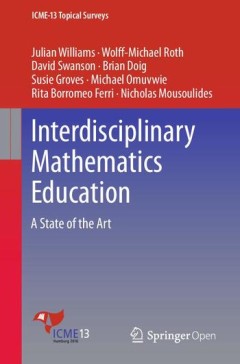
Interdisciplinary mathematics education : a state of the art
This book provides an essential introduction to the state-of the-art in interdisciplinary Mathematics Education. First, it begins with an outline of the field’s relevant historical, conceptual and theoretical backgrounds, what “discipline” means and how inter-, trans-, and meta-disciplinary activities can be understood. Relevant theoretical perspectives from Marx, Foucault and Vygotsky ar…
- Edition
- -
- ISBN/ISSN
- 9783319422671
- Collation
- vii, 36p. ill.
- Series Title
- -
- Call Number
- 510.71 WIL i
 Computer Science, Information & General Works
Computer Science, Information & General Works  Philosophy & Psychology
Philosophy & Psychology  Religion
Religion  Social Sciences
Social Sciences  Language
Language  Pure Science
Pure Science  Applied Sciences
Applied Sciences  Art & Recreation
Art & Recreation  Literature
Literature  History & Geography
History & Geography